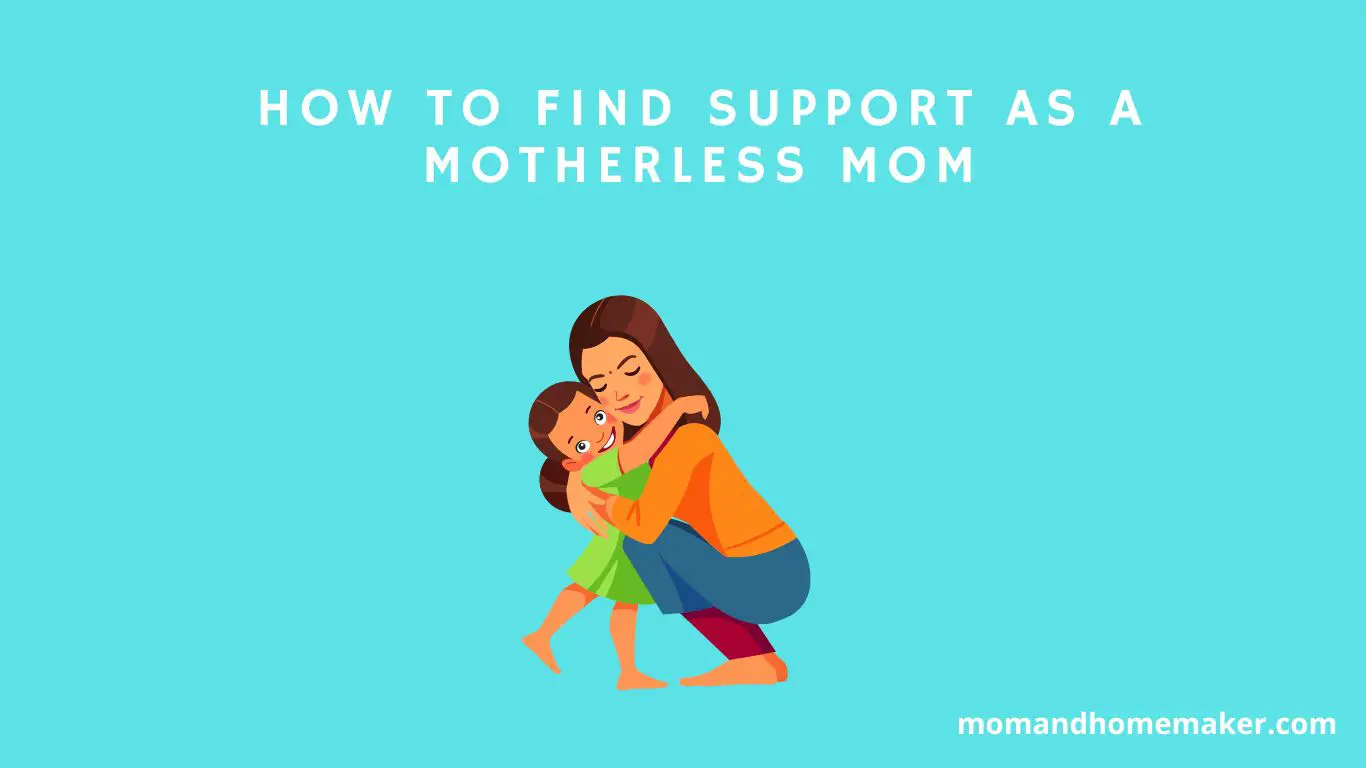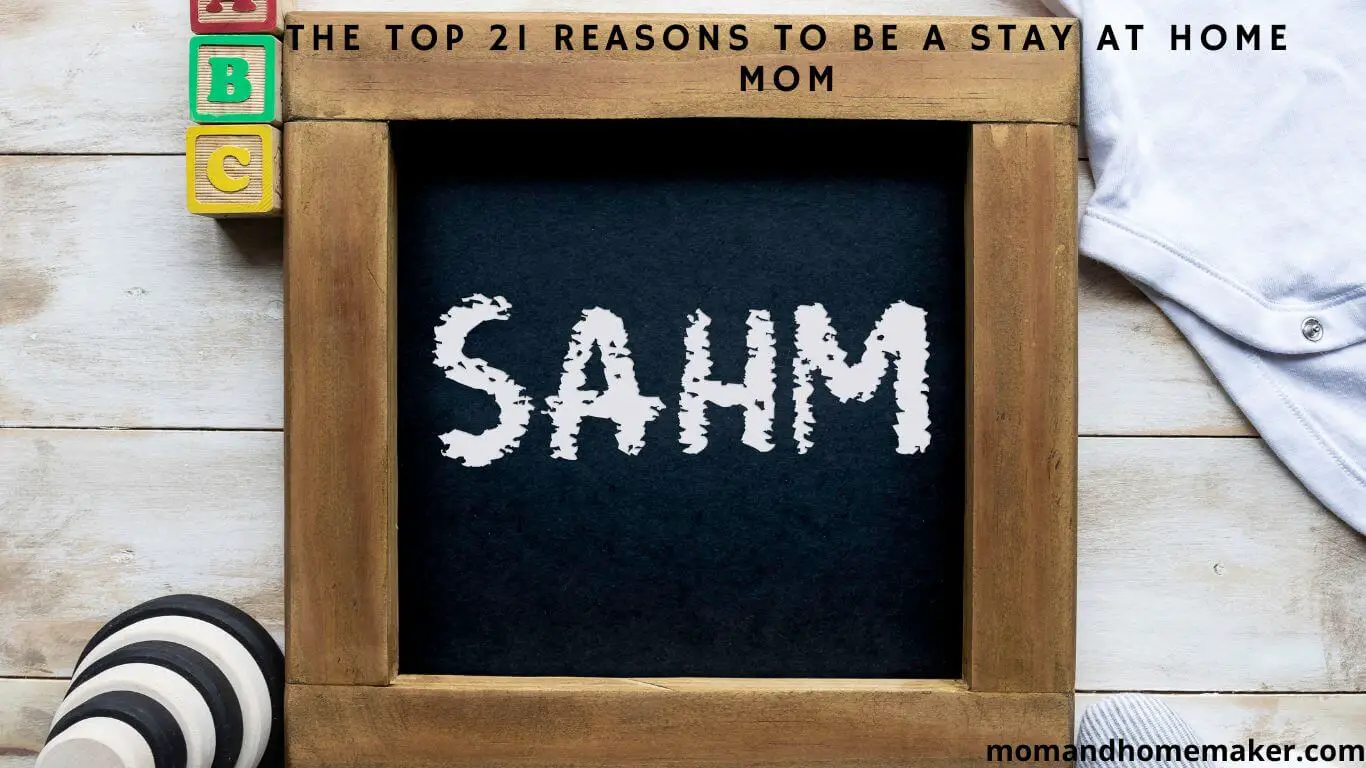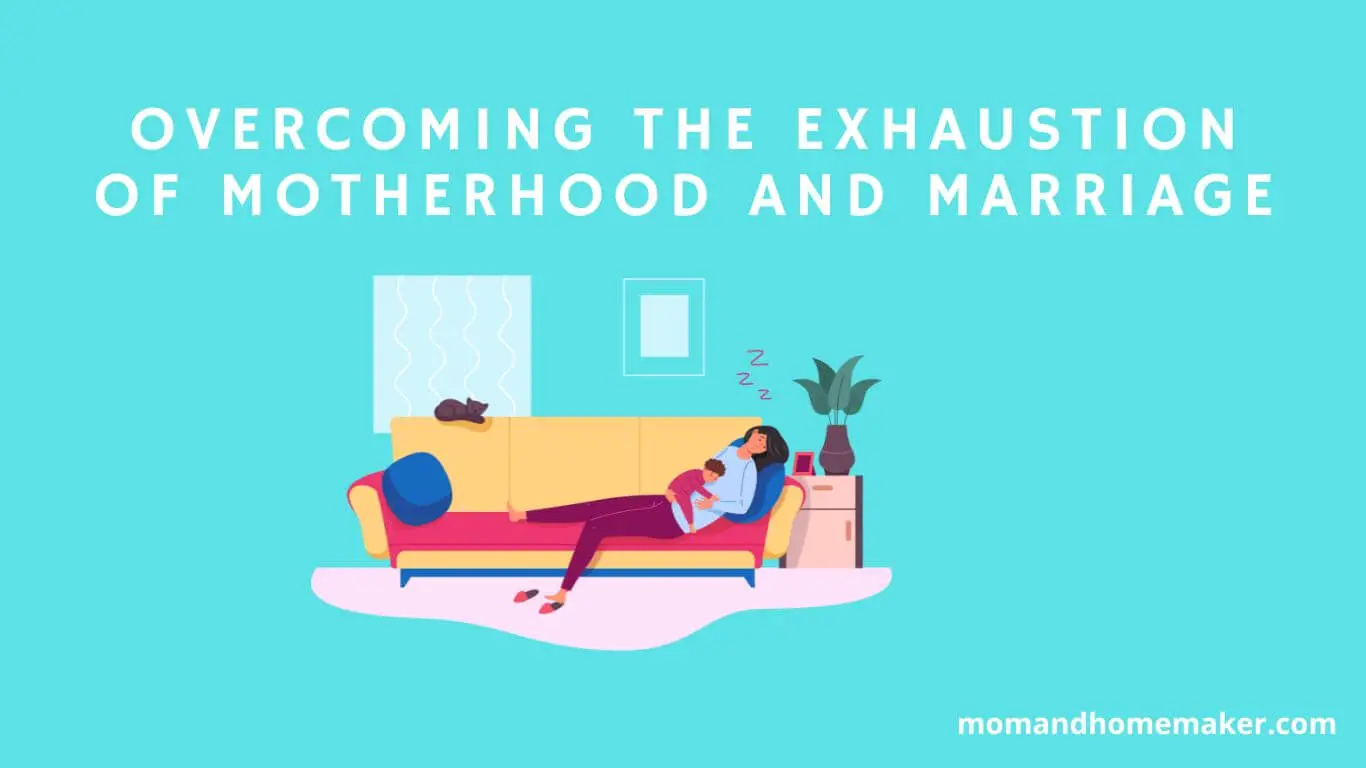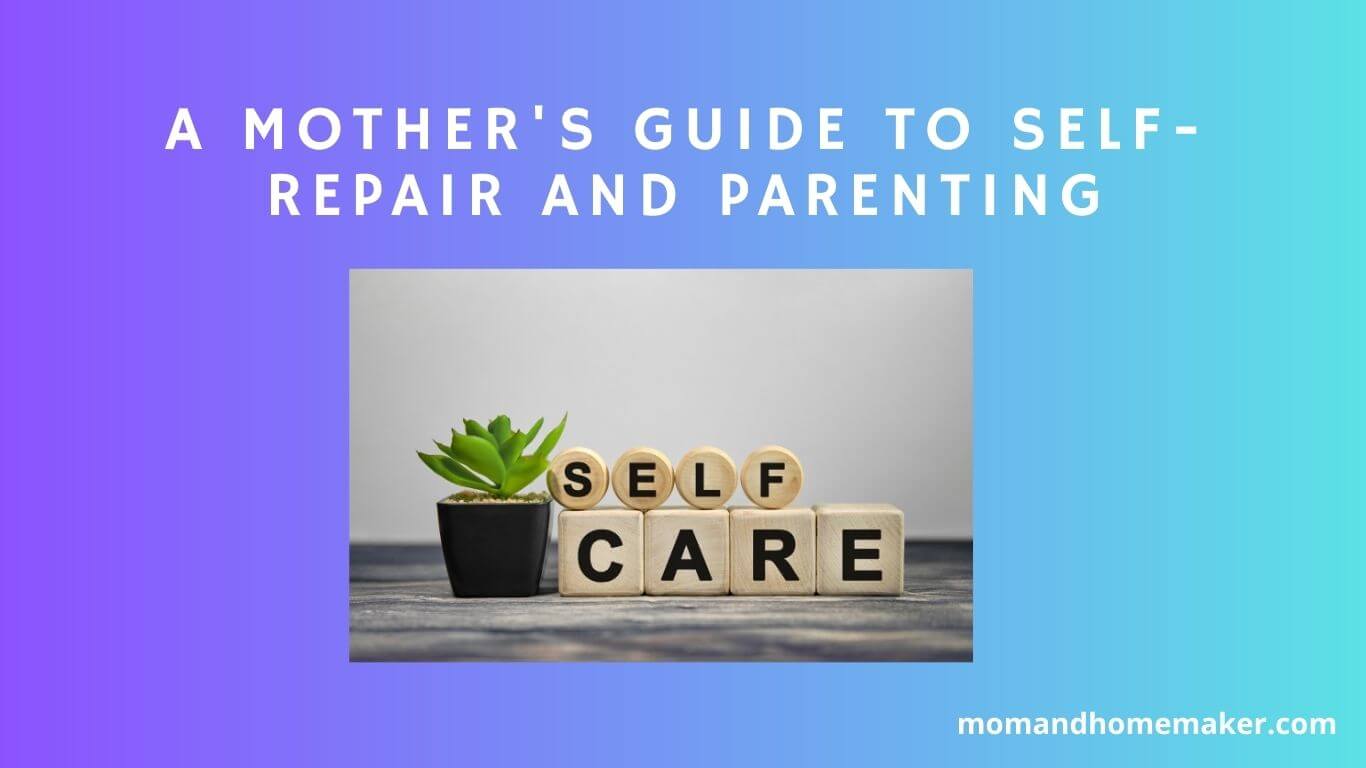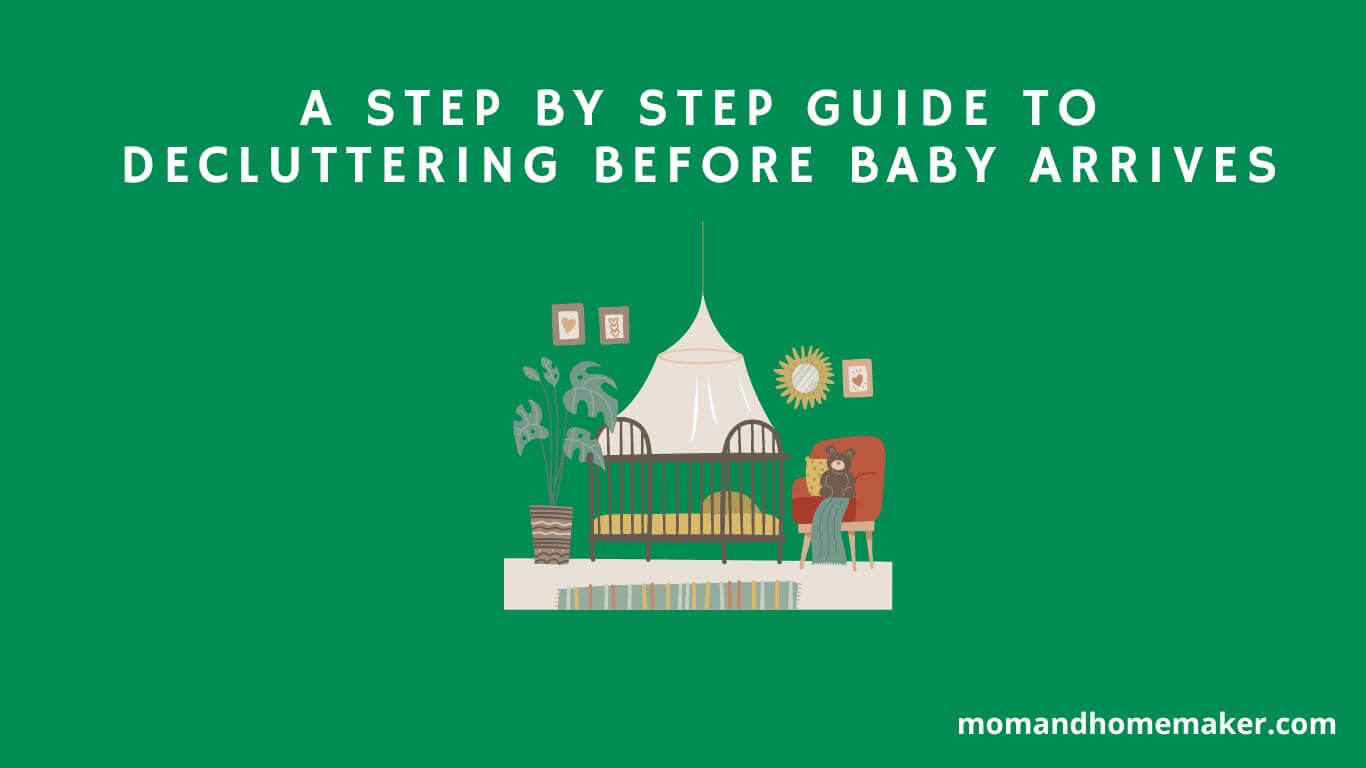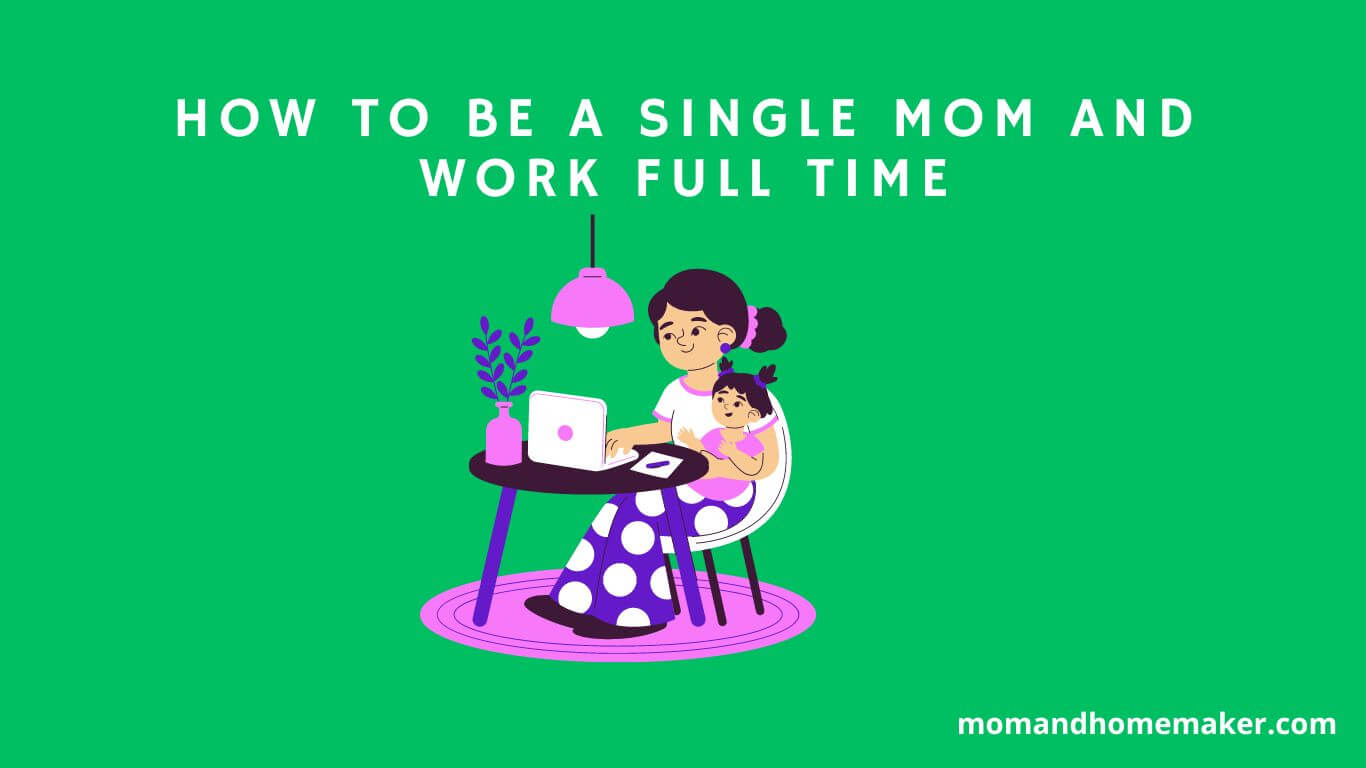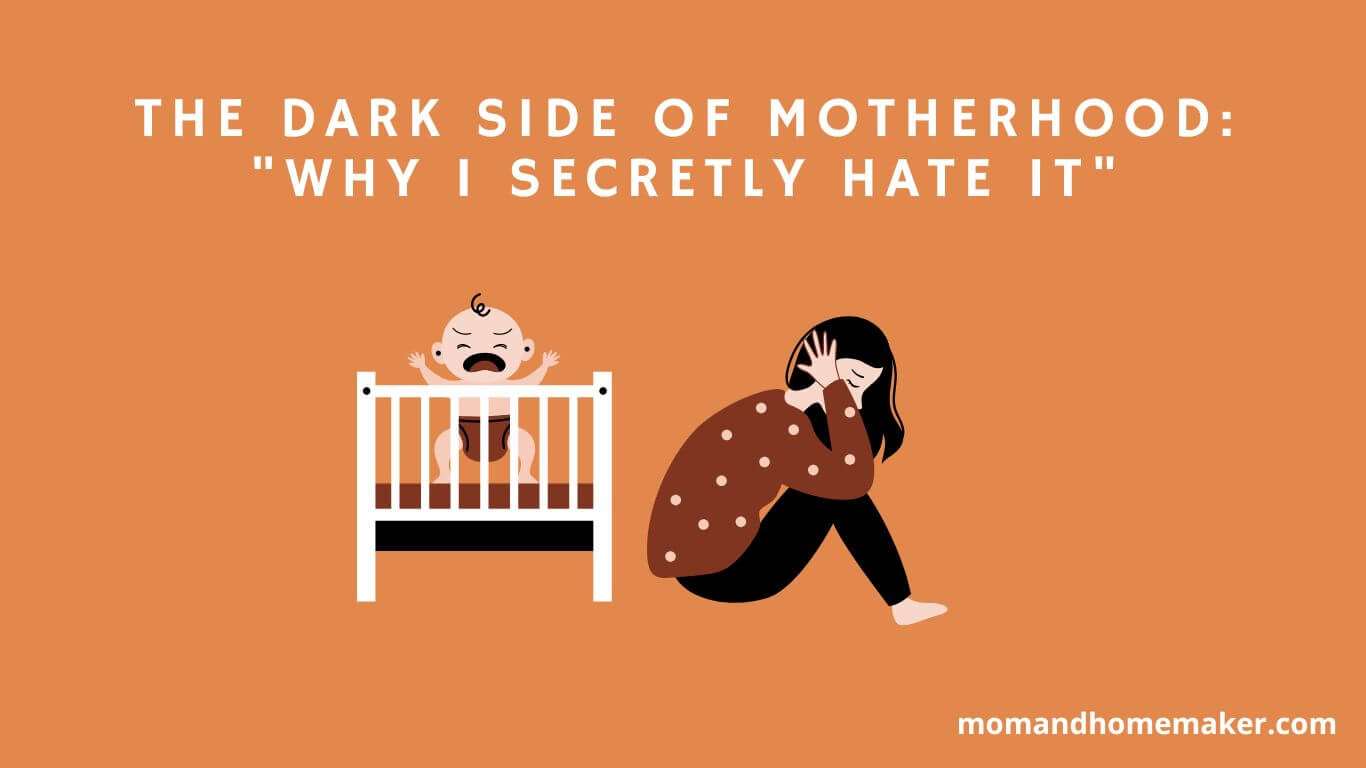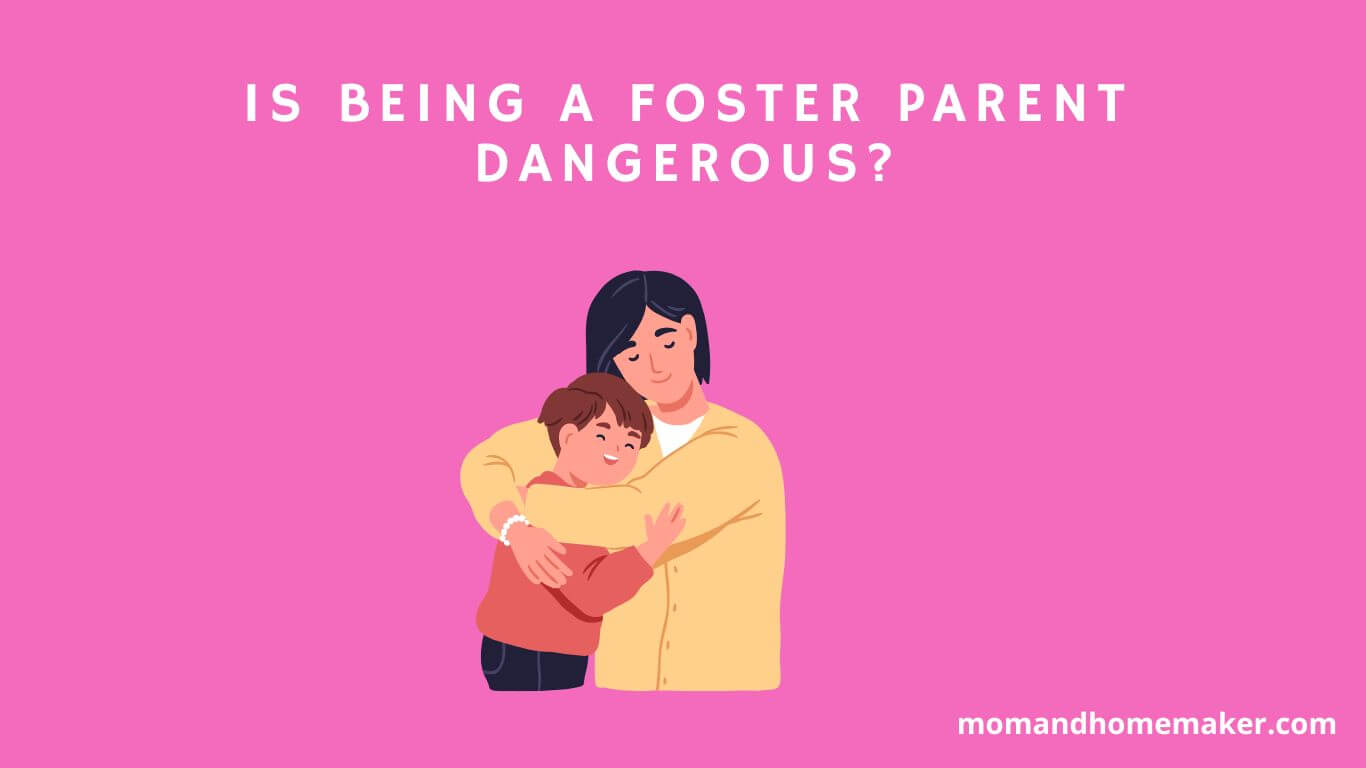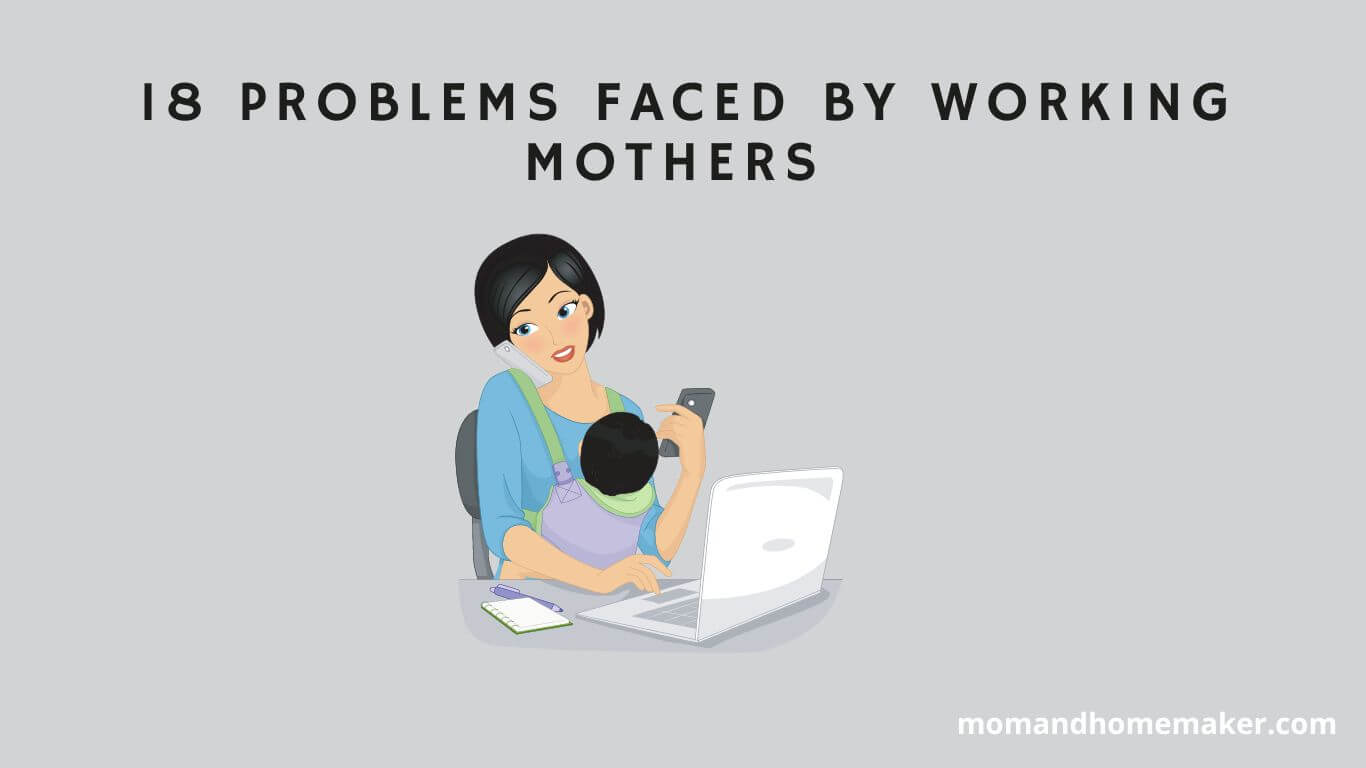As a motherless mom, you face unique challenges and emotions that others may not fully understand. Coping with the loss of your own mother while navigating the complexities of motherhood can be overwhelming and isolating. However, you don’t have to go through this journey alone.
There are many ways to find support and build a community of understanding and compassion around you. In this article, we will explore various strategies for finding support as a motherless mom. From coping with grief and emotions to building a strong support system and seeking professional help, we will provide practical tips and advice to help you navigate this difficult journey.
1. Understanding the Unique Challenges of Being a Motherless Mom
Being a mom without a mother comes with its own set of challenges that can feel overwhelming and isolating. Navigating motherhood is tough enough on its own, but when you add the absence of your mother, it can feel like an impossible task.
Managing responsibilities that your mother would have had a hand in, like picking out your child’s first outfit or helping them with their homework, can be difficult. It’s important to acknowledge that these feelings are valid and that you’re not alone in this struggle.
Balancing self-care is another challenge that motherless moms face. Without a mother figure to turn to for advice and guidance, it can be difficult to know how to take care of yourself while also taking care of your family. It’s important to remember that taking care of yourself is not selfish, but necessary for your own well-being and for the well-being of your family.
Finding ways to carve out time for yourself, whether it’s through exercise, meditation, or simply taking a long bath, can make a big difference in your mental health and overall happiness.
In order to find support as a motherless mom, it’s important to reach out to others who have gone through similar experiences. Joining a support group or seeking therapy can provide a safe space for you to share your feelings and connect with others who understand what you’re going through.
2. Coping with Emotions and Grief
When dealing with triggers, it’s important to recognize them and allow yourself to feel the emotions that come up. This can be difficult, but it’s a necessary part of the healing process. Find healthy ways to express your emotions, whether it’s through journaling, talking to a therapist or trusted friend, or finding a support group of other motherless moms.
Mother’s Day can be an especially difficult time for those without a mother. It’s important to acknowledge your feelings and find ways to honor your mother’s memory. This could be through creating a special ritual or tradition, spending time with loved ones who understand what you’re going through, or even taking some time for self-care.
It’s okay to feel a range of emotions on this day and there’s no right or wrong way to handle it.
Navigating milestones without your mother can also be tough. Whether it’s your child’s first day of school, graduation, or even your own birthday, it’s natural to feel a sense of sadness or longing. Again, it’s important to acknowledge these emotions and find healthy ways to cope.
You could create a special memory box or scrapbook to honor your mother’s memory or find other ways to incorporate her into important moments in your life. Your mother will always be a part of you and you can carry her with you in your heart.
3. Building a Support System
You need people in your corner to help you through this journey of being a mother without your own mother, and there are ways to build a support system that works for you.
The first step is to consider joining mom groups. These groups can provide a sense of community and belonging, as well as a safe space to share your experiences and feelings. Look for groups specifically for motherless moms, as they’ll have members who can relate to your situation and provide empathy and support.
Another option is to explore therapy options. A therapist can help you process your emotions and develop coping strategies. They can also provide a non-judgmental space for you to talk about your relationship with your mother and how it has affected your experience of motherhood. Look for a therapist who specializes in grief and loss, as they’ll have the expertise to support you through this unique journey.
Finally, take time for self-reflection. Pay attention to what you need and what brings you comfort. Maybe it’s taking a long walk, practicing yoga, or spending time with friends who lift you up. By prioritizing your own well-being, you’ll have more energy and emotional capacity to be present for your children.
Building a support system takes time, and it’s okay to try different things until you find what works best for you. You’re not alone in this journey, and with the right support, you can navigate motherhood without your own mother.
4. Seeking Professional Help
Sometimes, seeking professional help can feel like a much-needed life raft in the sea of uncertainty that comes with navigating motherhood without your own mother by your side. Finding someone to talk to who is trained to help you work through your emotions and challenges can be extremely beneficial.
Here are some tips for exploring therapy options and finding the right therapist to support you:
- Ask for recommendations from friends or family members who’ve been to therapy themselves. They may be able to give you insight into what to expect and recommend someone they trust.
- Look for therapists who specialize in maternal mental health or grief counseling. These professionals will have experience working with women who are dealing with the loss of a mother or struggling with the challenges of motherhood.
- Don’t be afraid to shop around and try out a few different therapists before committing to one. It’s important to find someone who you feel comfortable talking to and who you believe can help you work through your emotions in a productive way.
The benefits of seeking professional help are numerous. Therapy can help you process your grief and emotions in a healthy way, develop coping skills to deal with the challenges of motherhood, and improve your overall mental health and well-being.
5. Connecting with Other Motherless Moms Online
If you’re feeling isolated and alone as a motherless mom, connecting with other women who have similar experiences can be incredibly beneficial. One way to do this is by joining online communities and forums dedicated to supporting and connecting with peers.
These virtual support groups can provide a space for you to share your feelings and experiences with others who truly understand. In these online communities, you can find a sense of belonging and understanding. You can connect with other motherless moms who may be going through similar struggles. These groups can also provide a safe space for you to ask for advice or share your own tips and tricks for navigating motherhood without your own mom.
In addition to finding emotional support, joining online communities can also help you feel more empowered and less alone. When you see other women who are thriving despite the challenges of motherhood without their own mothers, it can inspire you to do the same. You may even make lifelong friends who can support you through the ups and downs of motherhood.
6. Joining a Local Support Group
Take a step towards healing and connection by joining a local support group for those who’ve experienced the unique pain of losing a mother. Connecting with peers who’ve gone through the same experience can help you feel less alone.
You can share your experiences, gain perspective, and receive emotional support from those who truly understand what you’re going through. When you join a local support group, you’ll have the opportunity to meet people who have had similar experiences and can offer understanding and empathy.
You’ll be able to share your thoughts, feelings, and struggles without fear of judgment or misunderstanding. You may even find that being a part of a group helps you develop new friendships and connections.
By joining a local support group, you’ll also have the chance to gain perspective on your situation. You may hear stories from others who have faced similar challenges and learn how they’ve coped with them. You may also learn about different resources that can help you in your journey.
7. Participating in Therapy or Counseling
You may feel the pain of losing your mother but participating in therapy or counseling can help you process your emotions and find ways to cope with your grief. Therapy provides a safe and supportive environment where you can express your feelings without fear of judgment.
It can help you identify and understand your emotions, thoughts, and behaviors related to your loss. By talking with a trained therapist, you can gain insight into your grief and learn effective coping strategies to manage your pain. One of the benefits of therapy is that it can help you develop a healthy perspective on your loss.
A therapist can help you see that your feelings are normal and valid and that it’s okay to grieve in your own way and at your own pace. They can also help you identify any negative thought patterns or behaviors that may be hindering your healing process. By working with a therapist, you can learn to reframe your thoughts and beliefs and develop a more positive outlook on life.
Finding the right therapist is crucial to the success of therapy. Look for a therapist who specializes in grief and loss, and who you feel comfortable talking to. It’s important to find someone who is a good fit for you, and who you feel you can trust.
Incorporating therapy into your daily routine can be challenging, but it’s important to make it a priority. Schedule regular appointments with your therapist, and make time for self-care activities such as exercise, meditation, or spending time with loved ones.
8. Utilizing Social Media for Support
By creating communities, finding resources, and sharing stories, women who’ve lost their mothers can feel less alone and more empowered in their journey of motherhood.
One way to utilize social media for support is by joining groups specifically designed for motherless moms. These groups offer a safe and supportive space where women can share their experiences, ask for advice, and connect with others who understand their unique struggles.
By participating in these groups, you can find a sense of community and validation that can be difficult to find elsewhere.
Another way to find support on social media is by following accounts that focus on motherless motherhood. These accounts often share resources, offer words of encouragement, and provide a platform for mothers to share their stories.
By following these accounts, you can access a wealth of information and connect with a community of women who understand what it’s like to navigate motherhood without a mother. So, don’t underestimate the power of social media when it comes to finding support as a motherless mom. With a little effort, you can create a network of support that will help you feel less alone and more empowered.
9. Finding Comfort in Religion or Spirituality
Connecting with a community of like-minded individuals who share your beliefs can offer a sense of belonging and support. Whether it’s through attending services, joining a prayer group, or participating in online forums, you can find solace in knowing that you’re not alone in your journey. Finding inner peace through your spiritual or religious beliefs can also bring a sense of calm during times of stress and uncertainty.
Taking time to reflect on your values and beliefs, and incorporating them into your daily life, can help you feel grounded and centered. It can also provide a sense of purpose and direction as you navigate the challenges of motherhood without your mother’s guidance.
It’s important to remember that spirituality and religion can take many forms, and it’s okay to explore different beliefs and practices until you find what resonates with you. You may find that certain practices bring you peace and comfort, while others do not. Trust your intuition and allow yourself to be open to new experiences as you seek the support and guidance you need to thrive as a motherless mom.
10. Talking to Friends and Family
Talking with friends and family can be a helpful way to cope with the loss of a mother, and studies have shown that having a strong support system can improve mental health outcomes. However, it can be a tricky task to navigate the support boundaries with loved ones.
You may find yourself feeling overwhelmed and uncomfortable when discussing your mother’s death, while your family and friends may not know how to approach the topic. It’s important to remember that everyone grieves differently and has their own way of coping with loss.
Navigating the awkwardness that comes with discussing your mother’s death can be tough, but it’s important to communicate your needs to your loved ones. You might feel hesitant to bring up the topic but remember that your friends and family want to support you and be there for you.
Finding common ground can be helpful when trying to have these conversations. You might discover that your friends and family have experienced similar losses, and this can create a sense of comfort and understanding between you.
While it’s important to lean on your loved ones for support, it’s also important to set boundaries. You might find that some people in your life are not the best sources of comfort, or that certain conversations are too triggering for you.
It’s okay to say no and distance yourself from these situations. By communicating your needs and setting boundaries, you can create a support system that works for you and helps you cope with the loss of your mother.
11. Creating a Memory Book or Keepsake
Creating a memory book or keepsake can be a meaningful way to honor and cherish the memories of your beloved mother. There are many scrapbooking ideas and DIY projects that can help you preserve memories in a creative and personal way.
You can include pictures, letters, and mementos that remind you of your mother and the special moments you shared together. One way to start your memory book is to gather all the photos and keepsakes that you have and organize them into chronological order.
You can then start to add your own personal touches, such as quotes, poems, or journal entries. You can also include any special items that remind you of your mother, such as a piece of jewelry or a favorite recipe.
Creating a memory book or keepsake can be a therapeutic way to honor your mother’s memory and keep her close to your heart. It can also be a way to share her story with future generations and help them understand the impact she had on your life.
By taking the time to create a special keepsake, you are preserving your mother’s memory in a way that is personal and meaningful to you.
12. Prioritizing Self-Care and Mental Health
Taking care of yourself and your mental health is crucial after the loss of a loved one, as you navigate the rollercoaster of emotions and try to keep your head above water during this difficult time. You can’t pour from an empty cup, so it’s important to take time for yourself and recharge your batteries, whether that means going for a walk in nature, indulging in a good book, or simply taking a long, hot bath to wash away your troubles.
Here are some ways to prioritize self-care and mental health as you adjust to life as a motherless mom:
| Prioritizing Self-Care | Prioritizing Mental Health |
|---|---|
| Take breaks throughout the day to rest and recharge | Seek support from a therapist or counselor |
| Practice mindfulness and meditation | Journal about your feelings and emotions |
| Exercise regularly, even if it’s just a short walk | Connect with other motherless moms in a support group |
| Prioritize sleep and establish a bedtime routine | Allow yourself to grieve and process your loss |
| Make time for hobbies or activities you enjoy | Practice self-compassion and be kind to yourself |
13. Honoring Your Mother’s Legacy
You can honor your mother’s legacy by keeping her memory alive through traditions and memories that you share with your family and friends.
Preserving memories of your mother is a great way to pay tribute to her. You can create a scrapbook or photo album with pictures of your mother and memories of the time you spent together. You can also make a memory box filled with items that remind you of her, such as her favorite book, her favorite perfume, or a piece of jewelry she always wore.
Passing on traditions that your mother valued is also a great way to honor her legacy. If your mother had a special recipe or a particular way of celebrating holidays, you can continue those traditions with your family. You can also start new traditions that reflect your mother’s values or interests. For example, if your mother loved gardening, you can start a new tradition of planting a tree or flowers in her memory.
Finding closure after losing your mother can be difficult, but honoring her legacy can bring a sense of peace and comfort. By preserving memories and passing on traditions, you can keep your mother’s spirit alive and feel connected to her even though she’s no longer physically present.
It’s okay to grieve and take the time you need to heal, but also know that honoring your mother’s legacy can help you find a sense of purpose and meaning in your journey as a motherless mom.
14. Celebrating Your Strength and Resilience
Celebrating your strength and resilience is essential to your healing journey as you navigate life without your mother. It can be challenging to find joy and gratitude in your life, but it’s important to celebrate your accomplishments and the strength you’ve gained through your struggles.
Your mother’s absence has undoubtedly left a void in your life, but it’s essential to honor her legacy by acknowledging the strength and resilience she instilled in you.
Celebrating your strength and resilience is an ongoing journey. It won’t happen overnight, but taking small steps each day can make a big difference. By focusing on the positive and finding joy in your life, you can honor your mother’s legacy and create a fulfilling life for yourself and your family.
Here are three ways to celebrate your strength and resilience as a motherless mom:
| Ways to Celebrate | Examples |
|---|---|
| 1. Honor Your Mother’s Memory | -Create a memory box or scrapbook of your mother’s life -Visit her favorite places or do her favorite activities -Hold an annual memorial event to celebrate her life |
| 2. Build a Support Network | -Join a support group for motherless moms -Connect with other women who have lost their mothers -Find a therapist who specializes in grief and loss |
| 3. Practice Self-Care | -Take time for yourself each day to relax and recharge -Exercise regularly to improve your physical and mental health -Practice mindfulness or meditation to reduce stress and anxiety |
Celebrating your strength and resilience is an ongoing journey. It won’t happen overnight, but taking small steps each day can make a big difference.
15. Embracing Motherhood on Your Own Terms
Embracing motherhood on your own terms can be a liberating and empowering experience, allowing you to create a unique and fulfilling parenting journey. After losing your own mother, it’s natural to feel a sense of loss and uncertainty. However, it’s important to remember that you’re the captain of your own ship and that you have the power to define your own boundaries.
Defining boundaries is an important step in creating a fulfilling motherhood journey. Don’t feel pressured to adhere to societal expectations of what a ‘good mother’ should be. If you need time to yourself, take it. If you feel overwhelmed, don’t be afraid to ask for help. Your mental health and well-being are just as important as your child’s.
As you navigate motherhood on your own terms, try to find joy in the little things. Creating new traditions and experiences with your child can be a way to build a strong bond and fill the void left by your own mother’s absence.
Conclusion
In conclusion, being a motherless mom can be an overwhelming and isolating experience. However, there are various ways to find support and connect with others who are going through the same journey. Seeking support from family, friends, or a therapist can provide a safe space to process and cope with the loss of a mother.
Joining support groups, online communities, or attending events for motherless mothers can create a sense of belonging and provide a space for sharing experiences and finding comfort. It is okay to ask for help and seek support when needed. You are not alone in this journey, and there are people and resources available to help you through it.

